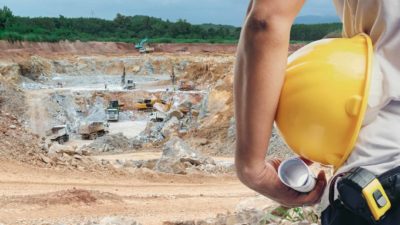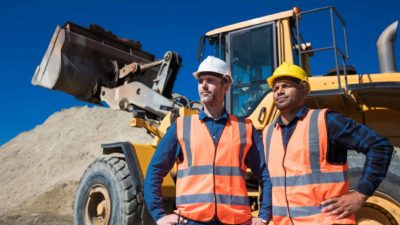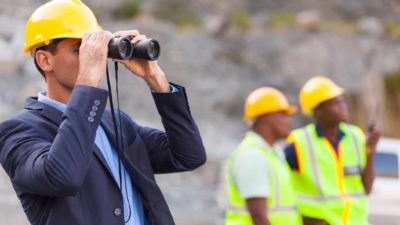ASX battery minerals shares could continue to get a lot of investor attention in the coming weeks, months and years. That's thanks to a concerted effort by government to get more electric vehicles (EVs) on the road.
The Australian federal government recently committed to a more ambitious target of emissions reduction by 2030 compared to 2005 levels. Australia has committed a reduction of 43%. Another target is net zero by 2050.
As part of that emissions reductions target, there are three areas that new policies will focus on: "build on existing emissions reduction programs, give Australian industry a comprehensive and consistent policy framework and encourage Australian households, businesses and communities to embrace the opportunities presented by the transition to net zero."
There are a number of different materials used in an electric vehicle including copper, nickel, manganese, cobalt, and lithium.
A global and local increase in electric vehicles may offer a boost for a number of ASX battery minerals shares for commodities used in EVs, of which there are plenty. You might think of names like Pilbara Minerals Ltd (ASX: PLS), Liontown Resources Limited (ASX: LTR), OZ Minerals Limited (ASX: OZL), Allkem Ltd (ASX: AKE), Core Lithium Ltd (ASX: CXO), BHP Group Ltd (ASX: BHP), South32 Ltd (ASX: S32) and Rio Tinto Limited (ASX: RIO).
What's Australia doing?
Chris Bowen is the Minister for Climate Change and Energy. He is working on the government's electric vehicle strategy consultation — due for release next month — and how to get more affordable EVs into Australia.
He said that "Australia is missing out on affordable electric vehicles as manufacturers send affordable EVs to other countries who require them under law". Bowen also commented that more EV choice would be helpful for both emissions and cost of living:
We are experiencing significant cost of living challenges. And giving Australians better access to EV options which allow them to never lift the nozzle on a petrol pump again is a good cost of living measure.
Bowen says that the government has already introduced legislation to make EVs cheaper by cutting taxes on them.
The federal government is also partnering with NRMA to roll out an EV fast charger "once every 150km". The aim here is to ensure that every Australian can consider getting an EV, wherever they live.
According to reporting by The Guardian, EVs only make up 2% of national passenger car sales in Australia. We are lagging compared to many other western countries. New Zealand's electric vehicles reportedly make up 10% of passenger car sales. Bowen pointed out that in just two years, Sweden increased its proportion of car sales from 18% to 62%.
The Age reported on Bowen's comments when he spoke at a national electric vehicle summit:
We believe that now is the time to have an orderly and sensible discussion about whether vehicle fuel efficiency standards could help improve the supply of electric vehicles into the Australian market, to address the cost-of-living impacts of inefficient cars, and to reduce emissions from the transport sector.
The minister said that Australia and Russia are the only OECD countries not to have (or be in the process of developing) fuel efficiency standards. He also said that "the lack of such standards in Australia is cited as one of the factors impacting the supply and cost of EVs".
Foolish takeaway
Australia is only a small part of the global population. So it's the rest of the world that will have the biggest impact on ASX battery mineral shares. For instance, the US recently moved to boost electric vehicles in the Inflation Reduction Act. But, Australia's changes could help.









